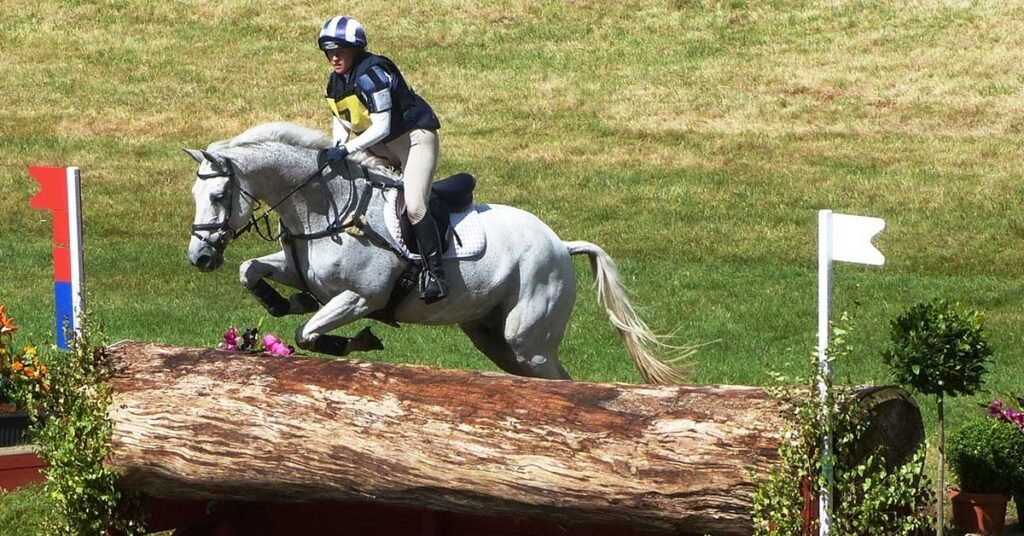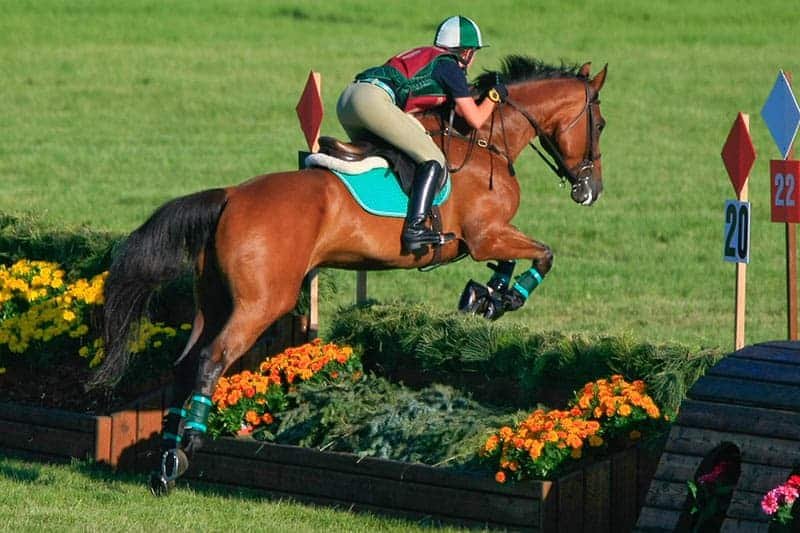When it comes to feeding sport horses, nutrition plays a crucial role in ensuring their performance, health, and recovery.
Among the many nutrients essential for athletic success, protein stands out as a key player. Protein is not just about building muscle—it’s about supporting overall health, maintaining energy levels, and aiding in recovery after strenuous exercise. Understanding how protein works in your sport horse’s diet can help you make the best choices for your horse’s health and performance.
What is Protein and Why Does it Matter for Sport Horses?
Protein is one of the primary macronutrients, alongside carbohydrates and fats, that horses need in their diet. It is made up of amino acids, which are the building blocks necessary for numerous biological functions in the body. For sport horses, protein is particularly important as it aids in muscle repair and growth, enzyme production, and immune system function.
When horses engage in physical activity—whether it’s training for jumping, dressage, or endurance—there is a breakdown of muscle fibers. Protein plays a critical role in repairing and rebuilding these muscles, making it essential for recovery and continued performance. Inadequate protein intake can lead to muscle wasting, weakness, and reduced athletic performance.
How Much Protein Does a Sport Horse Need?

The protein requirements for horses vary depending on their age, weight, activity level, and overall health. Generally, adult horses at maintenance require around 8-10% protein in their diet. However, sport horses, due to their higher levels of physical exertion, require a bit more to support muscle development and recovery.
A sport horse’s protein needs will also change depending on the type of sport they are involved in. For example, endurance horses may have different protein requirements compared to horses involved in jumping or dressage, as their exercise intensity and muscle demands differ.
- Low-Intensity Sport Horses (Endurance): For horses in lower-intensity disciplines, protein requirements may range from 10-12%. These horses rely on more endurance and stamina, and protein helps support long-term muscle function.
- High-Intensity Sport Horses (Jumping, Dressage, Racing): Horses engaging in more intense forms of exercise need slightly higher protein levels, around 12-14%, as their muscle fibers undergo more strain and need more amino acids for recovery and growth.
Types of Protein Sources for Sport Horses
Not all proteins are created equal, and the quality of the protein in your horse’s diet is just as important as the quantity. Protein sources are typically divided into two categories: high-quality proteins and low-quality proteins.
- High-Quality Proteins: These are proteins that contain all the essential amino acids needed by the horse’s body. Common sources include:
- Alfalfa: Alfalfa hay is rich in high-quality protein and provides an excellent source of amino acids. It’s often used for horses in intense training or competition.
- Soybean Meal: This is one of the most common protein sources in equine diets. It is highly digestible and rich in essential amino acids.
- Linen Meal: A great plant-based protein, linseed meal is rich in both protein and healthy fats.
- Beet Pulp: While not as rich in protein as other sources, beet pulp still provides a good amount of digestible fiber and a small percentage of protein.
- Low-Quality Proteins: These proteins may be lower in certain essential amino acids, which means they are less effective for muscle repair and overall recovery. Examples include lower-quality hays or some cereal grains.
Protein and Amino Acids: The Building Blocks for Muscle
While protein intake is essential, it’s equally important to consider the amino acids that make up that protein. Amino acids are classified into two categories: essential amino acids (EAAs), which horses must obtain from their diet, and non-essential amino acids (NEAAs), which the horse’s body can produce.
For sport horses, the essential amino acids play a crucial role in muscle development and repair, and the most important for muscle recovery are:
- Lysine: This amino acid is the most limiting when it comes to horse diets and is essential for muscle growth and repair.
- Methionine: It supports muscle tissue repair and plays a vital role in maintaining healthy coat and skin.
- Threonine: Important for protein synthesis and for maintaining a healthy immune system.
Most high-quality protein sources, such as alfalfa and soybean meal, provide a good balance of these amino acids. However, in some cases, you may need to supplement the diet with specific amino acids to meet your horse’s needs, particularly if they are in intense training or competition.
Signs of Protein Deficiency in Sport Horses
It can be challenging to pinpoint exactly when a horse might be deficient in protein, but there are some noticeable signs that can indicate a lack of adequate protein:
- Muscle Wasting: If your horse’s muscles appear to be shrinking or are weak, it could be a sign that they are not getting enough protein to support muscle repair.
- Slow Recovery After Workouts: Horses that aren’t getting enough protein may take longer to recover from intense exercise. If your horse seems tired or sore after workouts, they may need more protein in their diet.
- Poor Coat Condition: Protein is vital for skin and coat health. A dull, brittle coat can be a sign of a protein deficiency.
- Behavioral Changes: In some cases, insufficient protein can affect your horse’s behavior, making them more irritable or less focused.
Overfeeding Protein: Is it Possible?
While protein is crucial, it’s also possible to overfeed it. Excess protein in the diet can lead to kidney strain, as the kidneys must work harder to process the extra nitrogen produced by the breakdown of protein. Additionally, excessive protein can lead to an imbalance in other nutrients, which can result in poor digestion or other health problems.
To avoid overfeeding, it’s best to consult with a veterinarian or equine nutritionist to determine the right protein levels based on your horse’s specific needs.
Creating a Balanced Diet for Your Sport Horse
In addition to protein, a balanced diet for your sport horse should include a proper mix of carbohydrates, fats, vitamins, and minerals to support overall health. Carbohydrates, for example, provide energy for sustained performance, while fats provide long-term energy reserves. Horses should also have access to high-quality forage, such as grass or hay, to ensure proper digestion and gut health.
If your horse is in intense training, working with an equine nutritionist can help you create a custom feeding plan that takes into account their specific protein and energy needs.
Protein as Fuel for Your Sport Horse’s Success
Protein is an essential component of any sport horse’s diet, directly impacting their performance, muscle recovery, and overall health. By providing the right amount of high-quality protein, you can help your horse stay strong, perform at their best, and recover efficiently after each training session or competition. Always consider the specific protein requirements for your horse based on their activity level and consult with a professional to ensure they are getting the right balance of nutrients to support their needs.




